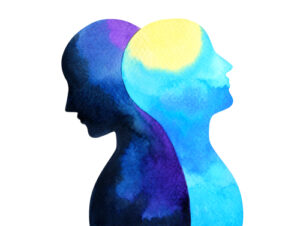
Unhealthy Eating and Teenage Brains – 10 Things You Need to Know Now!
Although a significant portion of brain development takes place during early adolescence, the teen years are also a time of substantial change and development. The growth that takes place during

24 Hours to Improve Teenage Drug Psychosis
Substance abuse of any kind can trigger a psychotic episode. Teens who struggle with substance use disorders and addiction are also prone to experiences of psychosis due to substance use.

Most Misunderstood Facts About Paranoid Personality Disorder
If your teen struggles with a paranoid personality disorder, they struggle with feelings of paranoia and an unrelenting mistrust and suspicion of those around them. These feelings are not reserved

The Ultimate Rundown on Opioid Addiction in Teens
Across the United States, the opioid epidemic continues to touch the lives of teens and adults. Whether a friend or family member, it is (likely) safe to say that almost

Everything You Need to Know About Cannabis Counseling
Conversations about cannabis (weed, pot, marijuana, etc.) often introduce many different schools of thought. Opinions differ, often significantly around the topics of right and wrong, legal or illegal, harmful or

The Parents Guide to Dealing with Amphetamine and Your Teen
Like opioid abuse and misuse, amphetamine abuse has become a significant challenge facing teens and adults across the nation. Prescription stimulants such as Adderall, drugs used to treat attention deficit

The Complete Guide to Alcohol-Induced Mood Disorder
People turn to drugs and alcohol for various reasons. Often, it is to feelings of pleasure and happiness. But what happens when alcohol, drugs, or prescription medications make you feel

How Therapy Helps with Depression
Depression is a common mental health condition that affects millions of teens across the nation. Teen depression is actually more common among adolescents and teens than many realize. In teens,
Start 2021 Right: Mental Health Milestones
2020 has been wrought with challenges. Nine months ago, the COVID-19 pandemic arrived in our nation and nothing has been the same since. Adolescents and teens across the United States












